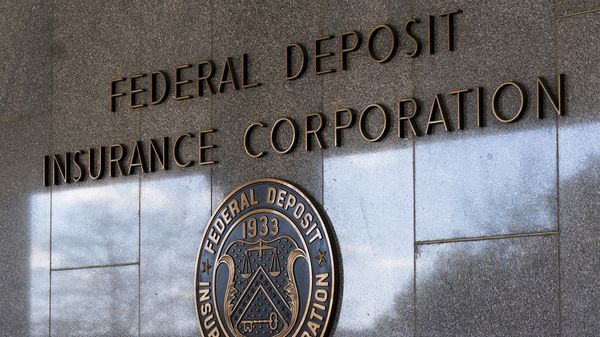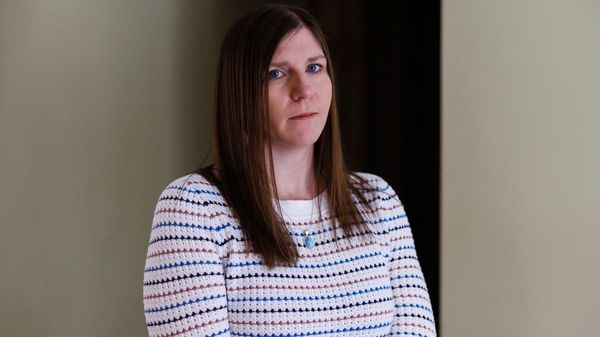April 9, 2016
UNC President: Transgender Law Could Hurt Schools
READ TIME: 3 MIN.
A new state law blocking anti-discrimination policies that would protect the LGBT community could turn away promising faculty and students, University of North Carolina President Margaret Spellings said Friday, a day after issuing a memo to campus chancellors saying the schools would comply with the law.
Spellings said she wanted to address the issue again to clarify that her memo was "in no way an endorsement of this law."
"That's not my job," she told reporters in a conference call. "I'm a state office holder who is charged with upholding the laws of this state. We are not in a position to pick and choose which laws."
Thursday's memo points out that complying with the law means doing nothing differently in the system's 16 universities, and that campus non-discrimination policies protecting LGBT people would remain intact.
It also notes there is no way to confirm that transgender people are using only public bathrooms matching their biological sex, one of the law's requirements. Consequently, Spellings said Friday, there won't be any enforcement efforts. Universities already have signs designating separate public restrooms for the sexes, and need only to notify faculty and students about the new law, the memo said.
That could change, however, depending on the outcome of a lawsuit aimed at overturning the law that was filed by a UNC-Greensboro student and a UNC-Chapel Hill employee, both of whom were born female and consider themselves to be male. The new law says they must use restrooms and locker rooms designated for women. The university system is named as one of the defendants in the suit.
The law, which was introduced, adopted and took effect on March 23, was "hastily drawn, perhaps without fully considering all of the implications that were at hand," Spellings said. "Those implications include leading prized students and faculty to think, 'If this is a place that is unwelcoming to that particular class of people, what does it mean to others?'"
Other provisions of the law exclude sexual orientation and gender identity from the state's anti-discrimination policy and also bar people from filing employment discrimination lawsuits in state courts.
In response, states and major cities have banned public employees from optional travel to North Carolina, PayPal reversed plans to open a 400-employee operation center in Charlotte, and more than 100 corporate CEOs signed a letter urging legislators to repeal the law. On Friday, Bruce Springsteen canceled a show scheduled for Sunday in Greensboro, saying in a statement on his website that "some things are more important than a rock show and this fight against prejudice and bigotry - which is happening as I write - is one of them."
UNC students also have protested the law, staging demonstrations on campuses Thursday and Friday. The North Carolina NAACP said it will organize sit-ins at the General Assembly if the law isn't repealed.
Supporters of the law are also speaking out, announcing a prayer vigil Saturday in Jacksonville and a rally outside the state Capitol in Raleigh on Monday.
In Tennessee, Republican lawmakers are advancing similar legislation that would require public school students to use restrooms corresponding to the gender listed on their birth certificates. Nashville Mayor Megan Barry said passage could come with a cost to businesses there.
Barry, a Democrat, said three groups have said they will cancel bookings for Nashville conventions if the bill becomes law, leading to the loss of $9 million in direct spending. Another nine groups have said they won't go through with future booking plans, causing a loss of another $49 million in spending.
Spelling said she will ask lawmakers to change parts of the North Carolina law when they start their annual session April 25.
But she said she also hoped university officials would get guidance before then from the U.S. Department of Education regarding how the state law holds up against federal rules that bar sex discrimination. Spelling served as education secretary to President George W. Bush.
UNC schools received about $1.4 billion in federal funds in Fiscal Year 2014-15, including veterans' educational benefits, research grants and loan funds, university system spokeswoman Joni Worthington said.







